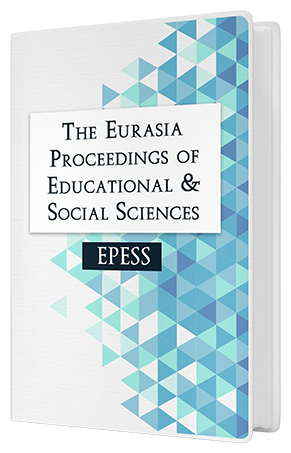Pre-Service Physics Teachers' Ideas about Teaching and Learning Using Smartphones
Keywords:
Cell phones, Inquiry-based learning, Kahoot, Physics education, Project-based learningAbstract
The teachers in primary and secondary education try to get students to put away their smartphones while in the classroom. It can happen that students use their smartphones to text each other, check social networks, and even listen to the music or watch videos, during instructional time. However, skilled teachers find a way to overcome the problem of these interruptions. They manage to make students use smartphones to support learning. The educators stay divided on the issue of whether students should use smartphones in the classrooms. Pre-service physics teachers at Faculty of Sciences of University of Novi Sad are asked about their opinion whether smartphones should be used in the classroom and their ideas for using smartphones in teaching and learning. Three ideas are presented in this paper: inquiry-based learning, project-based learning and playing Kahoot. Stated ideas indeed can be realized in classroom successfully with the use of smartphones. Different approaches to teaching and learning, including stated, impact students’ performance in physics, as well as their motivation for learning. Moreover, the impact that technology has on today’s schools is very significant. The adoption of technology in education can change both, how teachers teach and how students learn. Accordingly, it can be suggested to implement presented enthusiastic future physics teachers’ ideas in school practice.Downloads
Published
Issue
Section
License
Copyright (c) 2019 The Eurasia Proceedings of Educational and Social Sciences

This work is licensed under a Creative Commons Attribution-NonCommercial-ShareAlike 4.0 International License.
The articles may be used for research, teaching, and private study purposes. Any substantial or systematic reproduction, redistribution, reselling, loan, sub-licensing, systematic supply, or distribution in any form to anyone is expressly forbidden. Authors alone are responsible for the contents of their articles. The journal owns the copyright of the articles. The publisher shall not be liable for any loss, actions, claims, proceedings, demand, or costs or damages whatsoever or howsoever caused arising directly or indirectly in connection with or arising out of the use of the research material. All authors are requested to disclose any actual or potential conflict of interest including any financial, personal or other relationships with other people or organizations regarding the submitted work.




